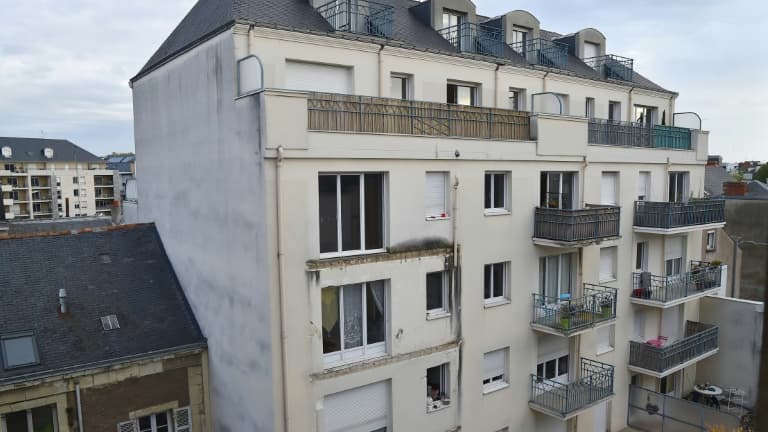Both men were sentenced on appeal to fines and suspended prison terms. Four people died after falling from a balcony in 2016 in Angers.
An architect and his foreman, convicted on appeal for the collapse of a balcony that caused the death of four young people in 2016 in Angers, he filed an appeal in cassation, we learned from his lawyers. “A protective appeal was regularized yesterday and will be notified today on the criminal and civil provisions,” said on Friday one of the lawyers of the architect, Me Cyrille Charbonneau, to an AFP correspondent.
“It will allow us to determine without haste, given the shortness of the appeal period, if and to what extent there are reasons that can lead to the annulment of the sentence,” he added. The lawyer of the director of the company, Me Isabelle Guérin, indicated that she had also filed an appeal on Thursday “on the criminal and civil provisions”.
The two men were acquitted of criminal charges in the first instance, in 2022, the court having recognized only the responsibility of the architect in the civil aspect. But the prosecution appealed because it considered that the court had not taken into account “serious defaults”.
The balcony suddenly fell
The architect Frédéric Rolland was this time convicted of wounding and manslaughter by the Court of Appeal of Angers. He was sentenced to three years of suspended imprisonment and a fine of 30,000 euros. The construction manager, Eric Morand, was sentenced to two years in prison with suspension and a fine of 1,500 euros.
On October 15, 2016, a group of friends were participating in an inauguration party in an apartment on the third floor of a building in the center of Angers, delivered in 1998. While the evening was going peacefully, the balcony suddenly collapsed, causing the empty eighteen. people Four of them, aged 18 to 25, died. Fourteen other youths were injured.
Me Laurence Couvreux, lawyer for the parents of one of the young people killed, considered that this appeal of the architect was “not a surprise”.
“However, my clients remain confident and do not imagine that the Court of Cassation could cancel the sentence that has just been given. They want to resume a life in anonymity with their suffering that will last for life,” he continued.

